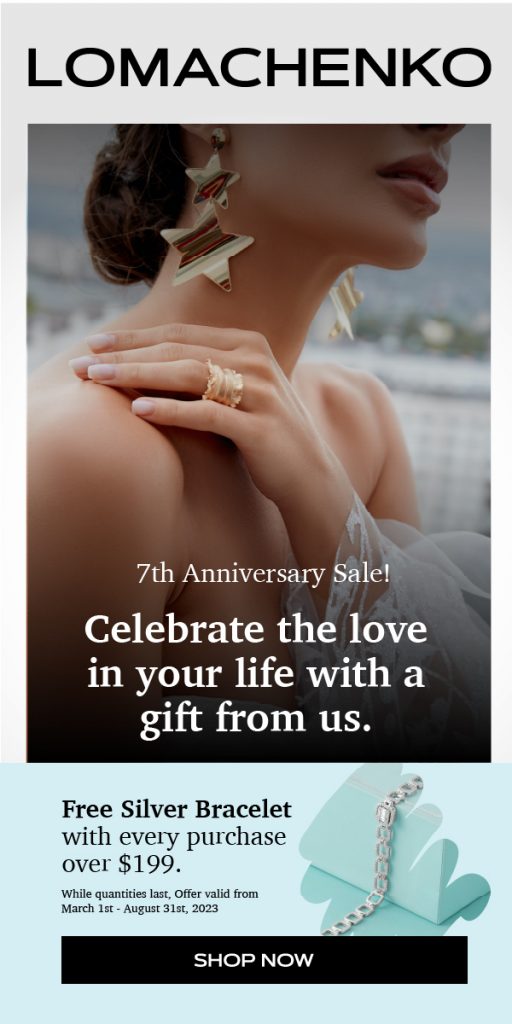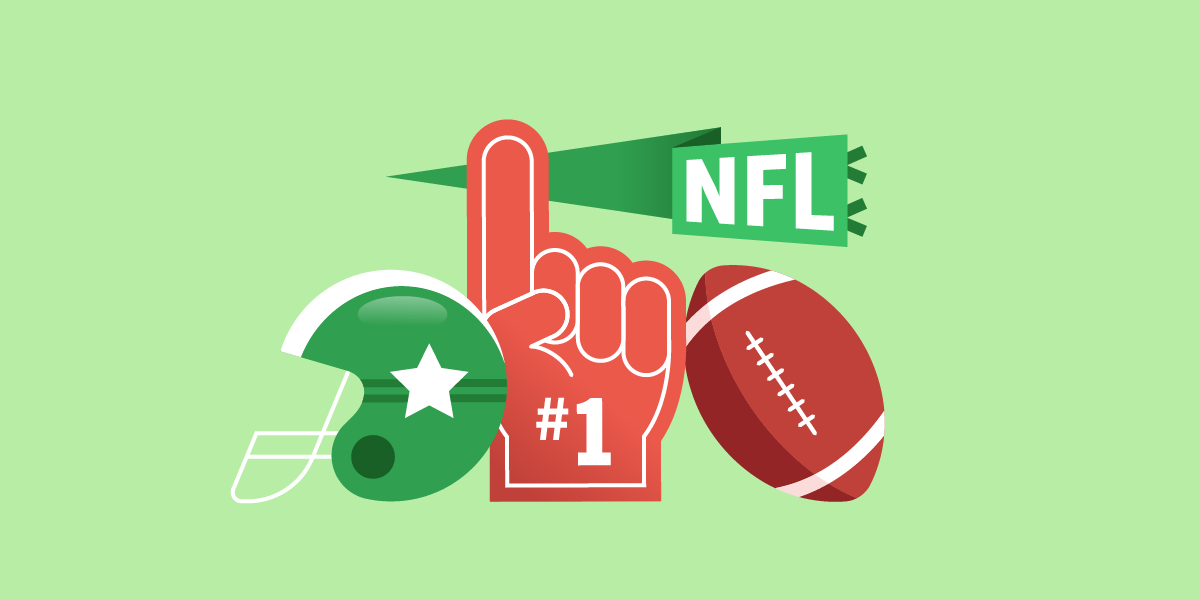Campaign planning is an essential part of the success of your programmatic campaigns. Taking time and effort to plan in advance can help secure success in execution, and set you up to make optimal adjustments in-flight.
Before you start getting into the details of your campaign, there’s one central question that should be answered: What is your campaign’s concept?
What Is a Campaign Concept
A campaign concept is crucial to creating winning programmatic campaigns. It’s what ties together all elements of your campaign, and motivates your audience to complete the desired action. A strong campaign concept will resonate with your audience, tell a compelling story, and create brand recognition and loyalty.
Before diving into any campaign strategy, you’ll want to establish what your campaign concept is. To help you get started, we explain 4 key types of campaign concepts.
Four Types of Campaign Concepts
1. Evergreen Campaigns for Brand Recognition
Evergreen campaigns are always relevant, and they ensure your brand is recognizable. You can run them at any point in the product or brand lifecycle, and the ads don’t expire. For most evergreen campaigns, you’ll likely have a mix of tactics that will ensure brand lift and awareness for a prolonged period.
Timing is not as relevant because you aren’t focused on specific events or moments in time. Your main goal is to remain top-of-mind, or at least at the back of the consumer’s mind, so they recognize your brand or product easily.
2. Campaigns Focused Around Launches
Campaign launches are key for introducing your brand, or new products. For these campaign concepts, tactics will be heavily focused on awareness. Timeliness, of course, is important with these campaigns because you’ll want to align with launch times.
You know exactly when the launch is happening and how soon you want to ramp up the communication regarding your brand or product. It makes it very easy to map out how the campaign will look and run over the launch timeline.
3. Campaign Concepts That Align With Life Events
Marketers look for key opportunities to reach consumers at life events where the ads are most relevant. This can be difficult when trying to capture these big moments that aren’t dictated by the seasons or widespread holidays.
These life events may be when a consumer is about to have a baby, or when someone is hitting a milestone birthday, or anniversary. Planning for these kinds of campaigns can be difficult and often 1st-party, intent-based audience segments are the best way to find these users.
4. Campaigns Built Around Seasonal Events
Seasonal cycles in advertising appear in every industry. Marketers will plan for and execute their biggest campaigns, and often experience large shifts in revenue, around seasonal events like the Super Bowl and Mother’s Day.
Although you want your campaigns to be consistent throughout the year, there are specific events and seasons where you can really maximize the opportunity at hand. Since the main seasonal events all happen around the same time every year, it’s much easier to focus the campaign on timing.
With a seasonal campaign concept, just be sure to plan well in advance. You’ll want the campaign planned at least two months in advance.
Example of a Campaign Concept
Let’s say a jewelry store would like to build a campaign around a life event that people experience at different times throughout a year: an anniversary. The shop would like to promote their jewelry as the perfect gift for a spouse or partner.
One option for a campaign concept would be to frame it as evergreen. The concept might position love as something that should be celebrated at all times of the year–whether it’s your anniversary or not.
Or, the jewelry store can tie their anniversary gift campaign to a life event by referencing their own anniversary. In this case, they would create a campaign encouraging shoppers to celebrate their anniversary alongside the stores.

From Campaign Concept to Campaign Planning
Once you’ve landed on your campaign concept, you’re ready to plan in detail! Kick off the campaign planning process by forecasting campaign reach and scalability, deciding what channels to run the campaign on, and which tactics you’ll use. Then, align your creative assets and messaging.
Want to run exceptional programmatic campaigns? Request a demo to learn more about StackAdapt.





